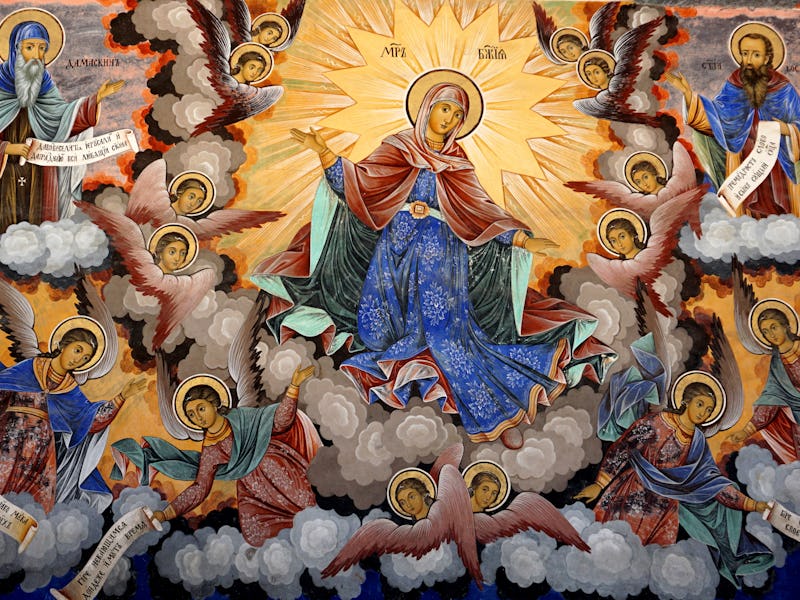How Medieval Christians built the modern nuclear family
A centuries-old cultural shift still influences families -- and you -- today.

Many Americans are don’t consider themselves religious, but whether you are aware of it or not, one famous religious institution holds significant influence over your life.
In November 2019, researchers found evidence that the Western Church, a branch of Christianity which eventually became the Roman Catholic Church, sparked a seismic cultural shift more than 500 years ago — one that shapes families and social values today.
This is #8 on Inverse’s list of the 25 Most WTF science stories of 2019.
The Church’s policies transformed social structures, causing modern Western societies to be more individualistic, less conformist, and more distrustful of strangers, according to a study published in November in the journal Science.
Through explicit edicts and more nuanced encouragement, the Church broke down extended family networks, fostering instead small, nuclear families. These medieval nuclear families share some surprising similarities with families living in the West today.
The research tells “a story about the disillusion of kin networks and also about the tearing down of boundaries,” co-author Jonathan Schulz, an economics professor at George Mason University, told Inverse at the time.
Schulz and his team focused on places like the United States and Australia, countries scientists classify as “WEIRD” (Western, Educated, Industrialized, Rich, and Democratic). WEIRD countries have distinct cultural characteristics: they tend to be less collective, less obedient, and more analytical than non-WEIRD countries.
Drawing connections spanning thousands of years and dozens of academic disciplines, the researchers looked at how people created families and organized their communities, how exposed these social groups were to medieval Christianity over time, and compared 24 psychological variables, including traits like loyalty and nepotism.
Throughout the Middle Ages and beyond, the Western Church was on a mission to stop consanguineous marriages, which was then used to forge alliances and help build extended family networks. The Church banned incest and promoted giving people a choice of partners over arranged marriages, essentially remaking the foundations of European family structure. The Church also encouraged couples to set up home away from family, changing the fabric of kin-based institutions.
This way of organizing communities may sound familiar. Most couples in Western countries live independently of their extended kin networks. But at the time this was a seismic change.
The altered family structures led people in WEIRD countries to become less collectivist, less obedient, and less trusting of strangers. This development makes Western societies distinct — not better or worse than other regions of the world.
“We’re not saying that less intensive kin-based institutions are better — far from it,” study co-author Jonathan Beauchamp, an assistant professor at George Mason University, told Inverse at the time.
“There are trade-offs. Kin networks play a very important role in terms of providing a welfare safety net and providing social functions. The very loose and less intense kin institutions in the West can be very isolating.”
As 2019 draws to a close, Inverse is counting down the 25 stories from this year that made us say “WTF.” Some are incredible, some are icky, and some are just plain strange. This has been #8. Read the original article here.